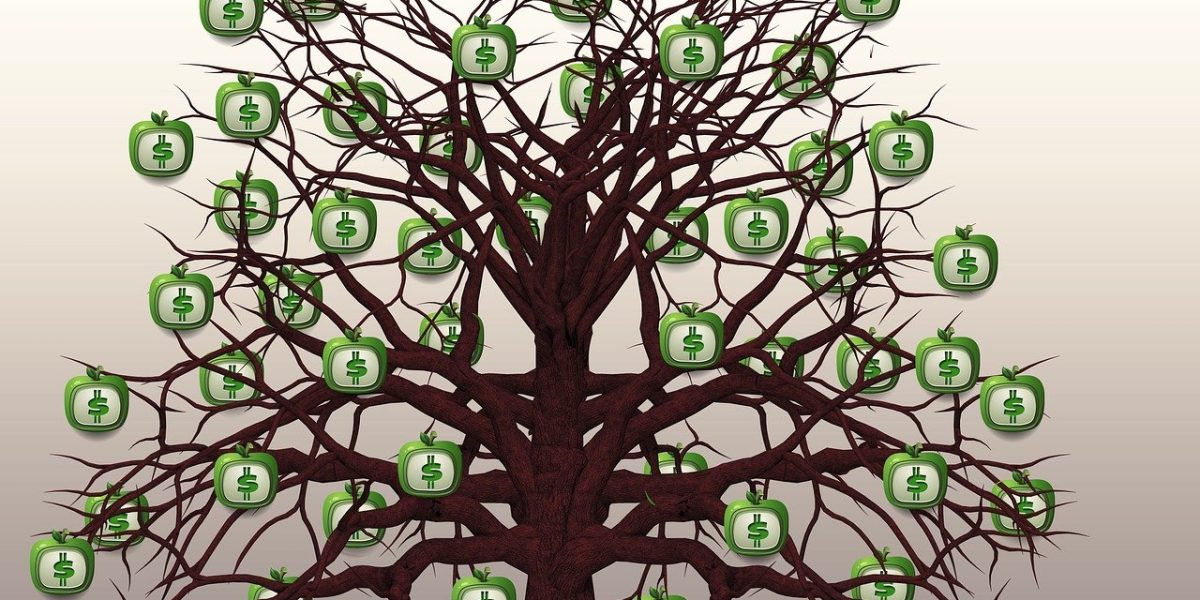The age-old question of whether to invest in the stock market or try one’s luck with the lottery has left many people pondering the best approach to grow their money. Both options offer the allure of significant returns, but they differ vastly in terms of risk, reliability, and potential outcomes. In this blog post, we will delve into the pros and cons of investing $100 per month in the stock market versus spending the same amount on lottery tickets. Let’s explore these options and ultimately decide which route is more sensible for long-term financial growth and stability.
1. The Stock Market: Building Wealth Through Steady Growth
Investing in the stock market has been a proven method for wealth creation over the long term. Historically, stock markets have shown an upward trend, providing investors with the potential for capital appreciation and dividend income. Here are some key advantages of investing in the stock market:
a. Compound Interest: The power of compound interest can significantly multiply your investments over time. By reinvesting dividends and letting your investments grow, your wealth can snowball and accumulate substantially.
b. Diversification: In the stock market, you have the opportunity to diversify your portfolio across various industries, sectors, and geographic regions. This diversification helps spread risk and minimizes the impact of individual company failures.
c. Liquidity: Unlike lottery tickets, which are non-refundable, stocks can be bought and sold at any time. This liquidity allows you to access your funds when needed or take advantage of potential opportunities in the market.
2. The Lottery: A High-Risk, High-Reward Game
The allure of the lottery lies in the potential for a life-changing jackpot with just a small investment. However, it’s essential to recognize that the odds of winning the lottery are extremely low, and it is often referred to as a “tax on the poor” due to its disproportionate appeal to lower-income individuals. Let’s explore some considerations for investing in the lottery:
a. Slim Chances of Winning: The odds of winning a substantial lottery prize are typically one in millions or even billions, depending on the lottery. For most participants, the chances of striking it rich are exceedingly slim.
b. No Compound Growth: Unlike the stock market, where your investments can grow over time, the money spent on lottery tickets is gone once the draw is over. There is no opportunity for compounding your investment.
c. Gambling Mentality: Lottery participation is essentially a form of gambling. It is essential to approach it with the understanding that you are risking money for entertainment purposes, rather than as a sound investment strategy.
3. The Importance of Financial Goals and Risk Tolerance
Before making a decision between the stock market and the lottery, it’s crucial to consider your financial goals and risk tolerance. If your objective is long-term wealth accumulation, retirement planning, or saving for significant life events, the stock market is the more rational choice due to its historical track record of providing steady returns.
On the other hand, if you are willing to treat lottery tickets as a fun occasional expenditure and understand that the chances of winning are remote, then you can participate responsibly while recognizing it as a form of entertainment.
Investing $100 per month in the stock market is undoubtedly a more sensible approach to building wealth and securing your financial future. With the power of compound interest and the ability to diversify your investments, the stock market provides a higher probability of generating returns over time.
While the lottery may offer a thrilling possibility of striking it rich overnight, it’s crucial to remember that it is primarily a game of chance and not a reliable investment strategy. Responsible participation in the lottery can be entertaining, but it should never be considered a viable means of financial growth.
In summary, the stock market represents a well-established path to long-term financial success, whereas the lottery should be approached with caution and only as a form of entertainment, not a serious investment.

